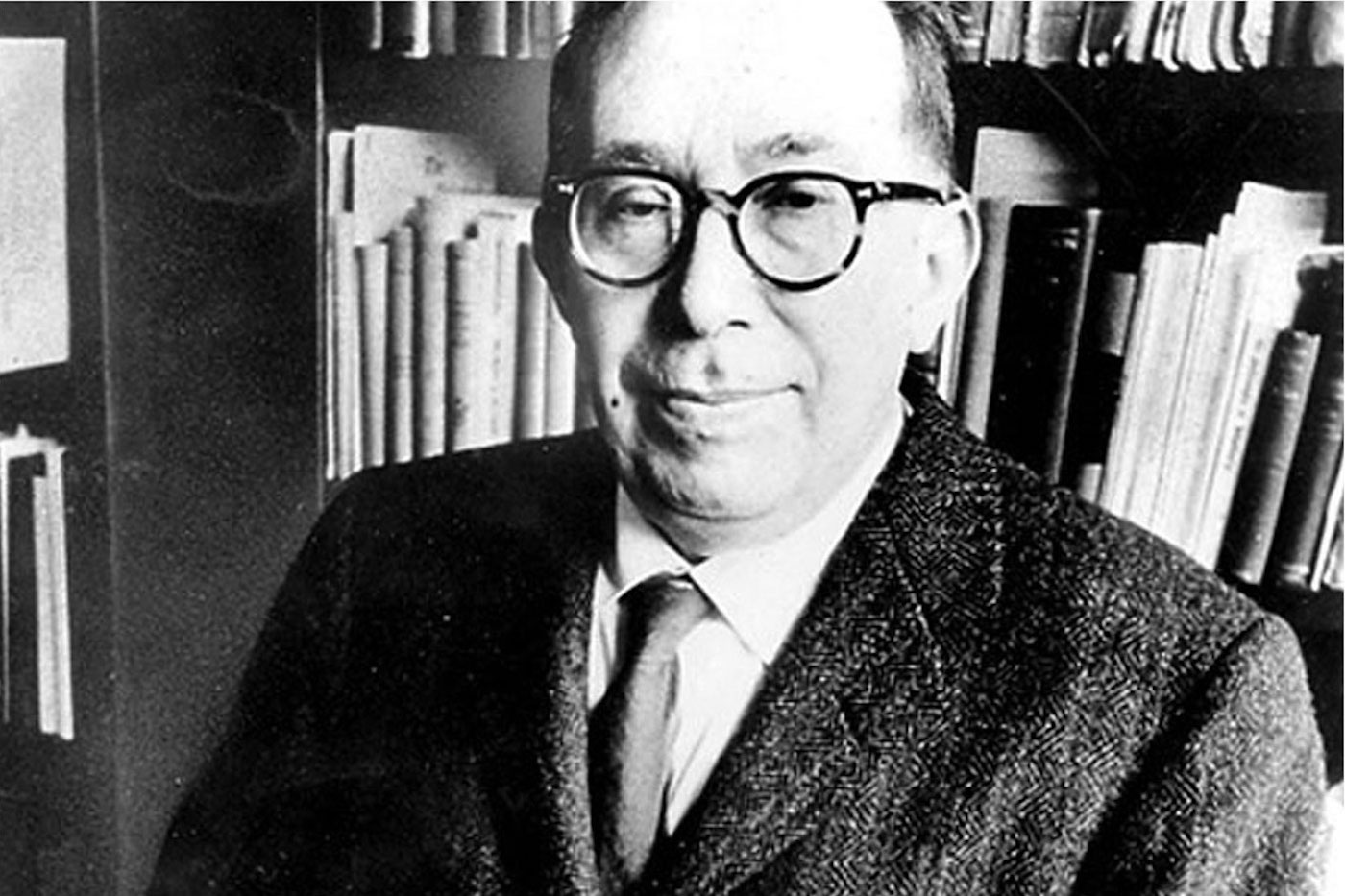Love him or hate him, it’s almost impossible to ignore the philosopher Leo Strauss (1899–1973). Few individuals have drawn out so thoroughly some of the implications of philosophy for a range of political positions while simultaneously exploring perennial issues such as the meaning of the Enlightenment and its relationship to classical and religious thought.
Religion was always one of Strauss’ major interests. He grew up in a conservative, even somewhat Orthodox Jewish family in Germany and was one of the many Jews who left the country in the 1930s in the wake of the National Socialists’ rise to power. Though the precise content of his own religious beliefs remains, I’d suggest, a debatable matter (we do know, for instance, that Strauss was disdainful of atheism), he never identified as anything other than Jewish. At the same time, he recognized, much like his fellow German Joseph Ratzinger, that one of the perennial issues that had been sharpened by modernity and the Enlightenment more generally was the question of the relationship between faith and reason.
In Strauss’ case, this issue was famously explored in his critique of the position on this topic taken by the 17th-century Dutch philosopher Baruch Spinoza, himself of Portuguese Sephardic Jewish origins. Spinoza’s view was that Enlightenment rationality had essentially refuted some central claims of Orthodox Judaism, especially concerning matters such as the authorship of the Pentateuch. That and his questioning of other central Orthodox Jewish teachings had earned Spinoza expulsion from the Talmud Torah congregation in Amsterdam. This made Spinoza a hero for free thinkers throughout Europe at the time and up until the present.
Strauss, however, took a different view of Spinoza. He argued that Spinoza’s criticisms of Orthodox Judaism had failed, not least because Enlightenment thinkers, Strauss claimed, relied upon just as many axiomatic and often unexamined assumptions as the claims of religion. What’s more, Strauss’ book Spinoza’s Critique of Religion (1930/1965) went on to defend Jewish Orthodoxy’s account of reality against the broad claims advanced against religion by skeptics. At the same time, Strauss did not seem to think that Orthodox Judaism could make a decisive case against the claims of its Enlightenment critics. Which is to leave matters somewhat in a state of, to use a phrase familiar to Catholics, limbo.
Strauss, however, was not an Orthodox Jew himself. That in turn raises three questions. First, what do Orthodox Jews think of Strauss’ defense of their religious claims? Second, how would Orthodox Jews defend their position against skeptics and how much would such defenses cohere with and depart from Strauss’ arguments? Third, is it possible for Orthodox Jews to improve on Strauss’ defense of their religious belief in the light of the claims of philosophical and religious skepticism?
These three questions are central to a collection of essays published under the title Strauss, Spinoza & Sinai: Orthodox Judaism and Modern Questions of Faith (2022). Edited by Jeffrey Bloom, Alec Goldstein, and Gil Student, this book brings together 18 Orthodox Jewish thinkers to address various aspects of the problems raised by Spinoza and Strauss. Jews and non-Jews alike will benefit from the subsequent and many faceted reflections on how we can explain and defend religious tenets on grounds of reason without collapsing faith into rationalism.
Not surprisingly, all the contributors regard Strauss’ position as inadequate, occasionally to the point of arguing that Strauss’ significance as a specifically Jewish scholar is exaggerated and hardly worth attention. Readers will, however, discover that the authors approach the question in quite different ways, especially when it comes to the sources they use as a starting point. Many begin with philosophy, including modern philosophy, and eventually reach classic Jewish sources. Others focus more on the rich and powerful traditions of Jewish philosophy that emerged in the medieval period. Yet others engage the topic with traditional Jewish starting points such as rabbinical biblical interpretation.
I suspect that those who are not Jewish will find this collection of papers most valuable for the ways in which they illustrate how seriously Orthodox Jewish minds take reason. One discovers, for instance, that Jewish mysticism is not at all defined by irrationality or a contempt for logic. Likewise the treatment of knowledge and belief, their respective limits, the differences between the two, and the ways in which they relate to each other is especially illuminating. Maimonides is a figure who looms large throughout many chapters, as are other Jewish thinkers from the medieval period who offered logical proofs for the existence of God. Underpinning all this is not the type of language games into which many philosophers are prone to lapse, but rather the confidence that the universe and therefore reason itself has meaning, and that this meaning points to the existence of a rational Creator.
All this is important, but what matters is the way the rational conclusion that there is a God ends up transforming people’s lives. Having confidence that there is a basic compatibility between reason and faith, because both proceed from the same ultimate Being, is one thing. Grasping the meaning of this truth for all our free choices and actions is another. Strauss was less concerned with that topic, but it is most definitely something to which the Orthodox Jewish authors of these papers give a great deal of attention. It is also one of the many things that allows Judaism to be what it has always been: Lumen gentium—a light unto the nations.

